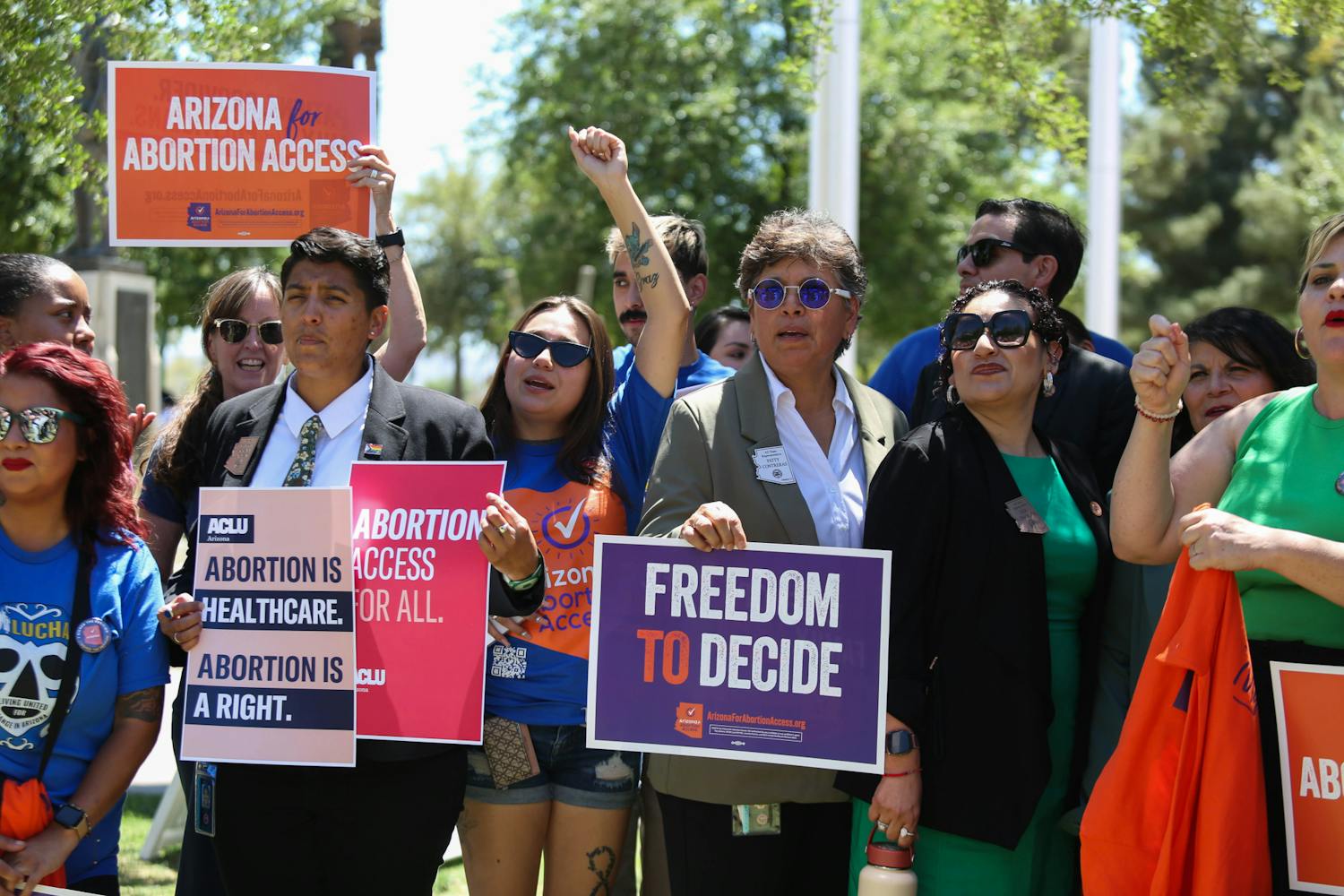You’ve seen them around campus, plastered on light poles or car bumpers: “Revolution.”
Hardly the candidate to relate to youth, Ron Paul resonates with a viral campaign. A combination of “revolution” (the risky) and “love” (the comforting), Paul’s tagline underlines a popular tactic also used by Barack Obama’s campaign. Both candidates capitalize on our generation’s Internet culture. The latest approach: Internet memes.
Richard Dawkins’ “The Selfish Gene” originally defines a meme as a “unit of cultural transmission, or a unit of imitation.” To say that something “has gone viral,” means it is contagious, warranting appropriation and reinterpretation.
Internet memes are layered rhetoric, as meme authors apply new jokes onto the original source material — the meme itself. You get the joke or you don’t. Memes align with youth desires to counteract the mainstream. They are simultaneously derivative and subversive, like taking a mundane image of Hillary Clinton texting to praise her political prowess.
Candidates have been integrating social media into their campaign strategies. We’re the generation more likely to mock both sides than to vote for either and politicians are using that to their advantage.
The Obama camp has its own Tumblr, the perfect vehicle to target young voters, most recently introducing Republican Party vice president hopeful Paul Ryan with — what else? — a meme: “Meet Paul Ryan, who is actually the worst.” The color and design paint Ryan as outdated, recalling 1950’s marketing and the repressive culture associated with the time.
Hidden behind that obvious jab is a potent assumption about youth voters. Paul’s “Revolution” appeals to those unwilling to take sides, styling him as an alternate candidate, juxtaposing the countercultural and the traditional. The graffiti-like signs target a generation soaked in dystopian literature and post-apocalyptic films, making his campaign feel attractively rebellious amidst party squabbles. Likewise, Obama’s memes feel relevant and, more importantly, interactive. Memes are short-lived cultural inside jokes, and their successful use speaks to their relevancy and accessibility. POTUS tweets and POTUS jokes like we do. He must know what we want, right?
The danger is in voting based on use of Internet humor, which winks at relevancy but over-simplifies issues. In reality, Obama’s memes could be construed as smear tactics disguised in humor. Unlike name-calling commercials with sobering voice-overs, memes are aided by informality, easy appropriation, and the immunity through humor. This is the era in which Daniel Tosh made a rape joke and comedians came to his defense. By comparison, calling Ryan “the worst” seems tame and even all in good fun.
In the end, the politics haven’t changed, just the delivery. Memes are rhetoric, using humor to slowly embed an idea into culture. Viral campaigns deliberately play on our inner hipsters. In the “win, fail” culture of exclusivity and abrasive mocking, we should be more cautious of politicians who try to speak our language, as it is perfectly suited for subtle manipulation.
If we’re not careful, we’ll vote for personas. We’ll vote to see the pay-off of a cool marketing campaign like we pay to see a buzzy, high-concept movie.
Reach the writer at emdrown@asu.edu or on Twitter @EMDrown



